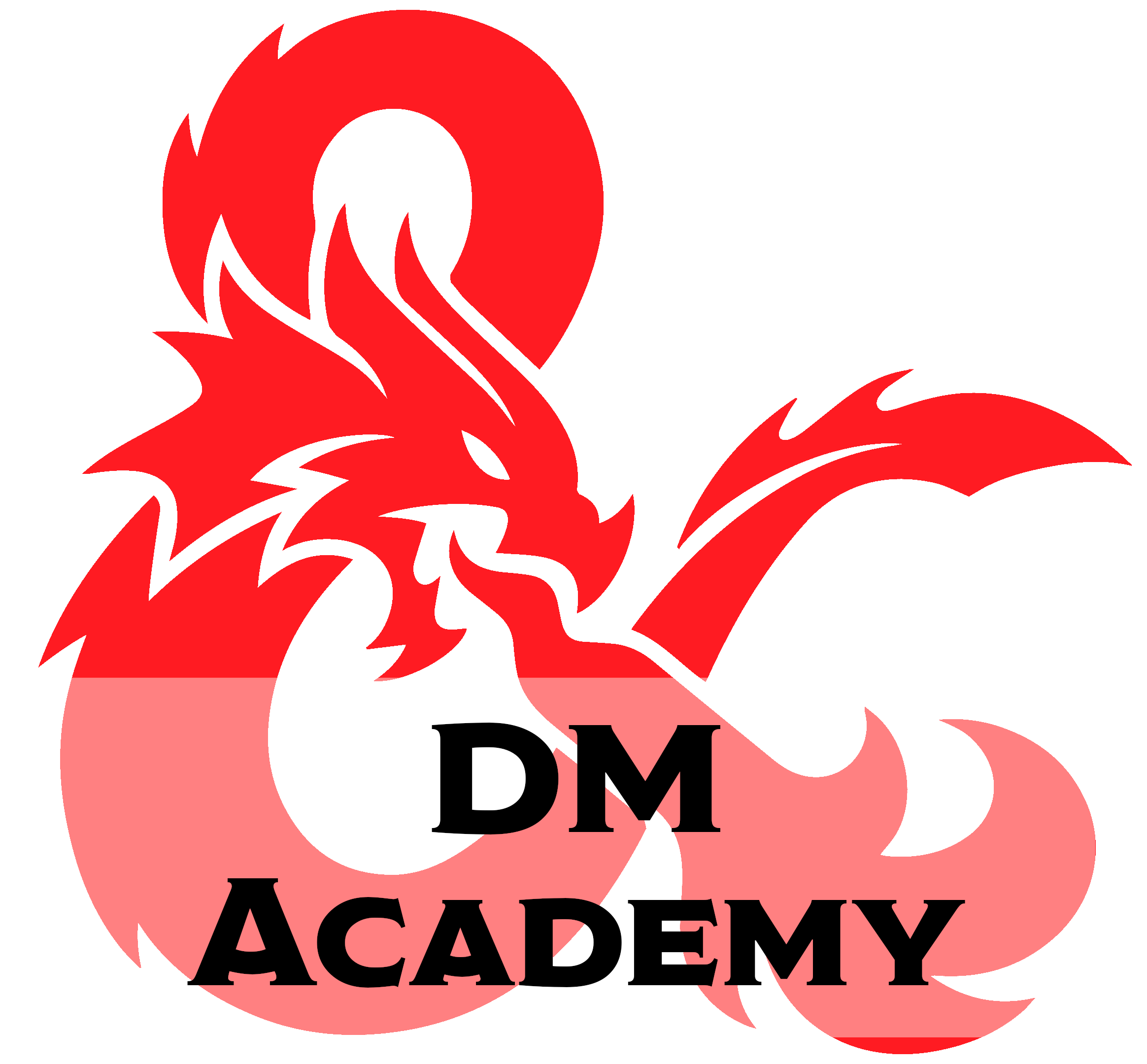cross-posted from: https://lemmy.world/post/11298431
I’ve been a DM for about 3 years, and have predominantly run one-shots and short campaigns in DnD5e and PF2e. I have a player who persistently builds primary caster based characters, but then won’t do anything in combat but “I stab it with my dagger.” They rarely use cantrips, and basically won’t cast a leveled spell unless I suggest it immediately before their turn. They seem to enjoy playing despite the fact that they’re far too squishy to be a front-line melee character and don’t utilize most of their class features. I’ve talked with them explicitly about how their play style seems to be discordant with the kind of play they want to do, and that maybe next time they should try a paladin/champion or a fighter/rougue subclass with some minor casting. They agreed at the time that sounded like a good idea, but low and behold showed up to the next one-shot with a primary caster, and over 3 hours of play and 3 combats never cast a single spell, including a cantrip.
I enjoy playing with this persons as a whole. They are engaged in the fiction, and are particularly engaged during exploration activities. They tell me they also find combat quite fun, and they are requesting I run a mega dungeon in the near future.
As a general rule, I like to let people play how they have the most fun, but issues have arisen with this play style. Namely, all of my TPKs have been associated with this player charging a squishy character directly up to a significantly stronger villain and continuing to stab it with a dagger until they went down, significantly hindering the party in the action economy and resulting in a TPK. I feel I have to intentionally weaken all of my encounters to keep the party feasible in the face of such mechanically poor combat choices.
What else can I do to help drive this individual towards melee builds, and/or help encourage them to change their play style to better suite the caster classes they choose?


Do they cast spells out of combat? My favourite characters of all time are basically low resource management casters who then have a couple of spell slots for our of combat utility such as a warlock. If they do, then just increase the number of out of combat obstacles as that’s probably what they’re saving their spells for.
The other thing is that if they reliably always do this in combat, just decrease how much they influence encounter balance. If you use an encounter balancing tool, just put that PC through at a lower level. If they don’t do it reliably, just make your encounters have a scalable element such as a boss who can power up or a creature who joins the fray after a round or two if they actually do use spells.
Some full casters also make good frontliners, although I’m sure you’re already accounting for that. If this character doesn’t, consider ways to offer them powerful melee options. It doesn’t need to rival a paladin or even any melee character but enough to keep them enjoying the same pkaystyle they always fall into. A sentient sword that verbally demands you cast spells because they empower it for melee attacks would be an option, it would encourage them to cast spells to enjoy being in the frontline more, and you can encourage them to cast spells in character. (That idea is actually neat please steal it).
Overall I’d say that if they’re having fun, don’t worry too much about it, I’m terrible for accidentally spoiling the fun of my players by trying to show them the right way to play. If they’re causing TPKs then something needs to be addressed, but if everyone is having fun despite the playstyle, consider how to introduce mechanics, tools and narrative options to forgive and support that pkaystyle.
Not really, they predominantly pick combat-focused spells but then don’t use them in combat. When they do have utility cantrips, despite scenarios to use them, they rarely cast them.